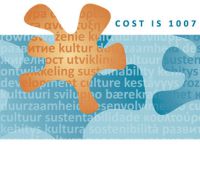Ministero Affari Esteri Progetto di Grande Rilevanza Italia Serbia - Learning Economies
Learning Economies. Modelling Community-Led Local Development for the Sustainable Economic Trajectories of the Negotin And Zlatibor Regions (FDV Project Leader)
Partnership: Faculty of Architecture, University of Rome La Sapienza (IT); Faculty of Philosophy, University of Belgrade (RS), Faculty of Architecture, University of Belgrade (RS), Faculty of Architecture, University of Alghero (IT), Faculty of Agriculture, University of Belgrade (RS)
2016 - 2019









